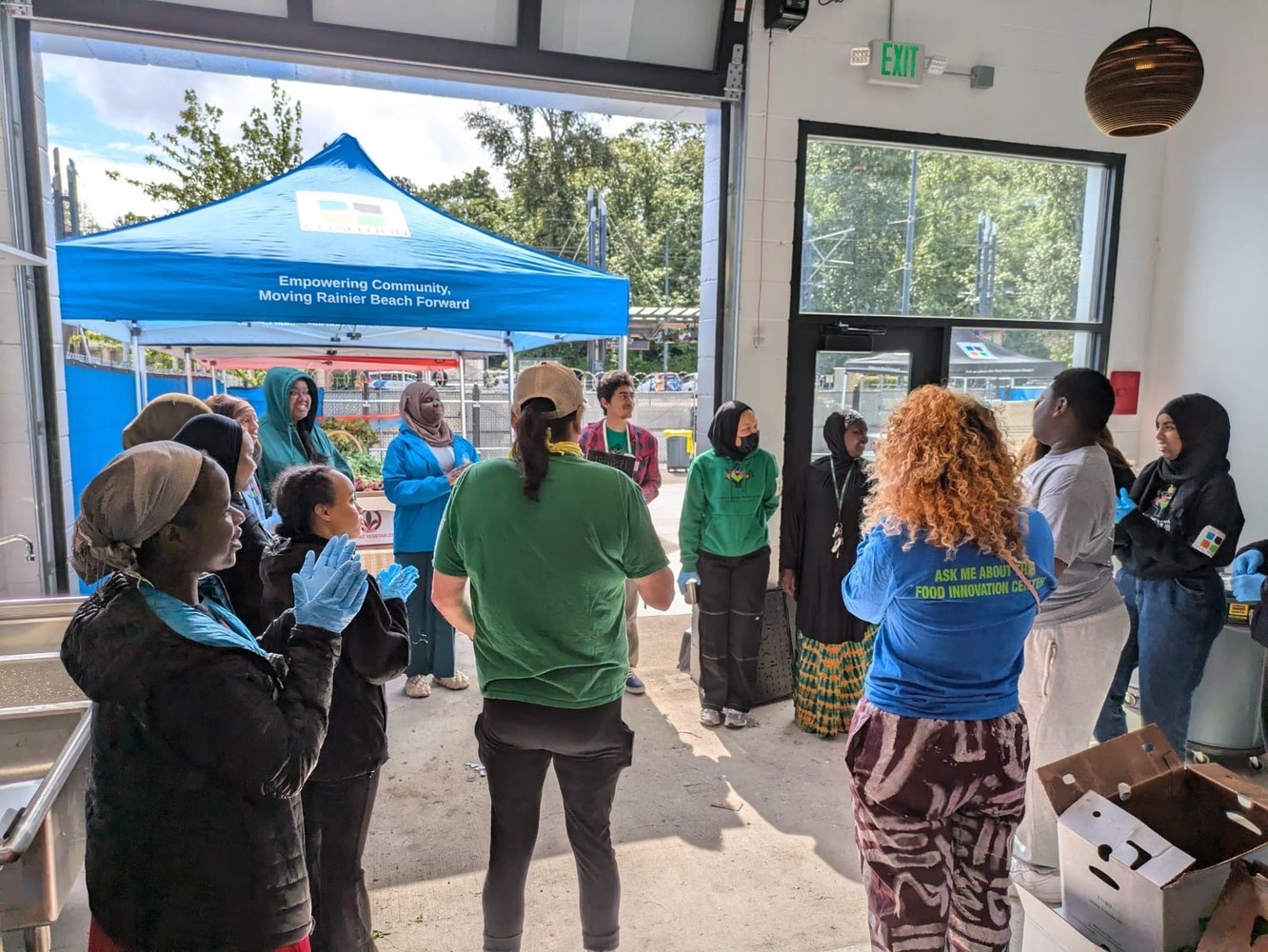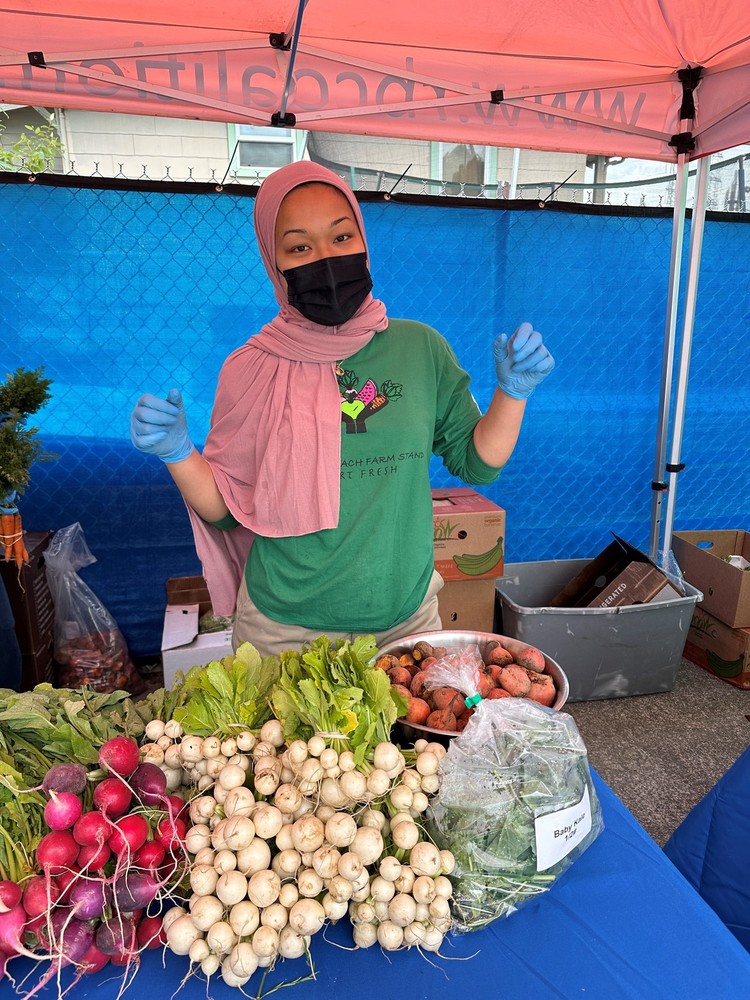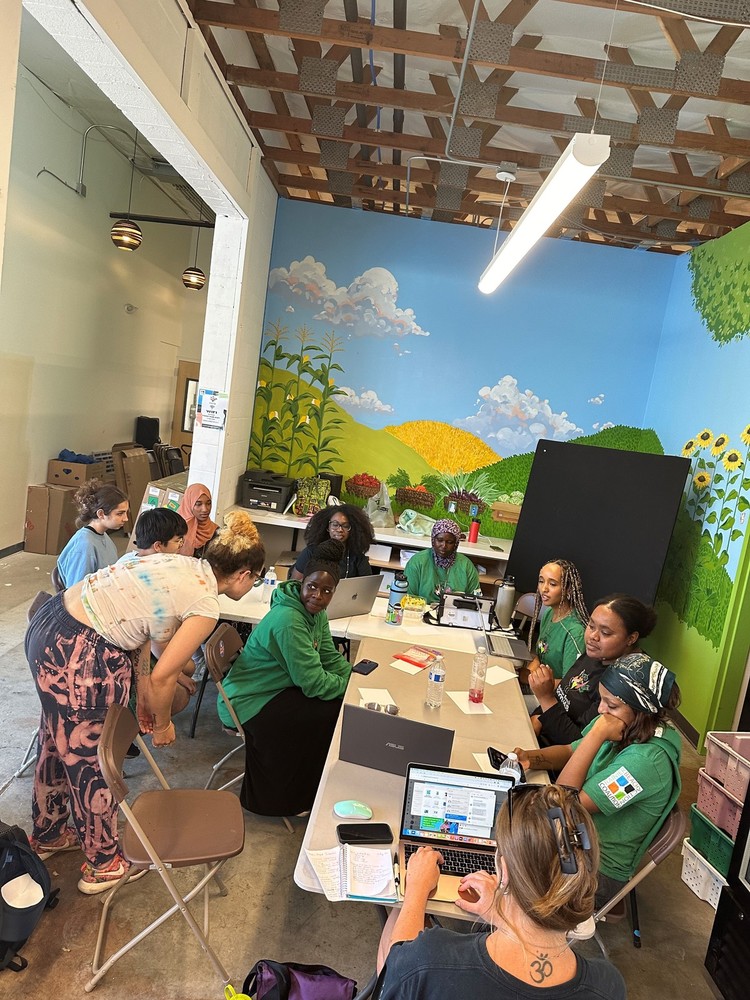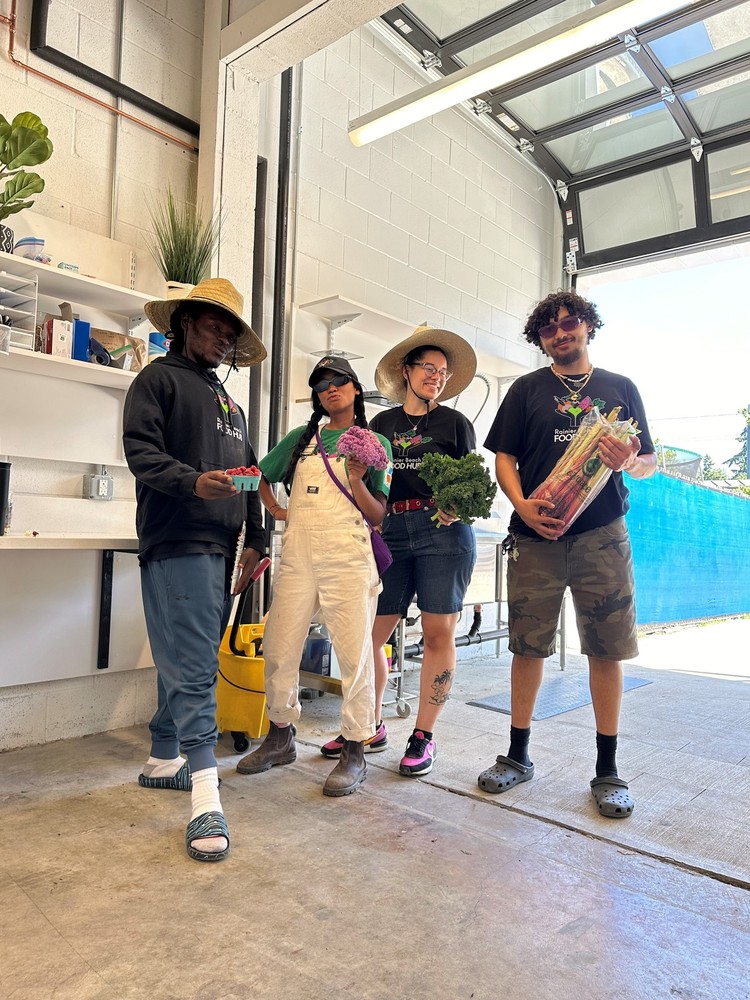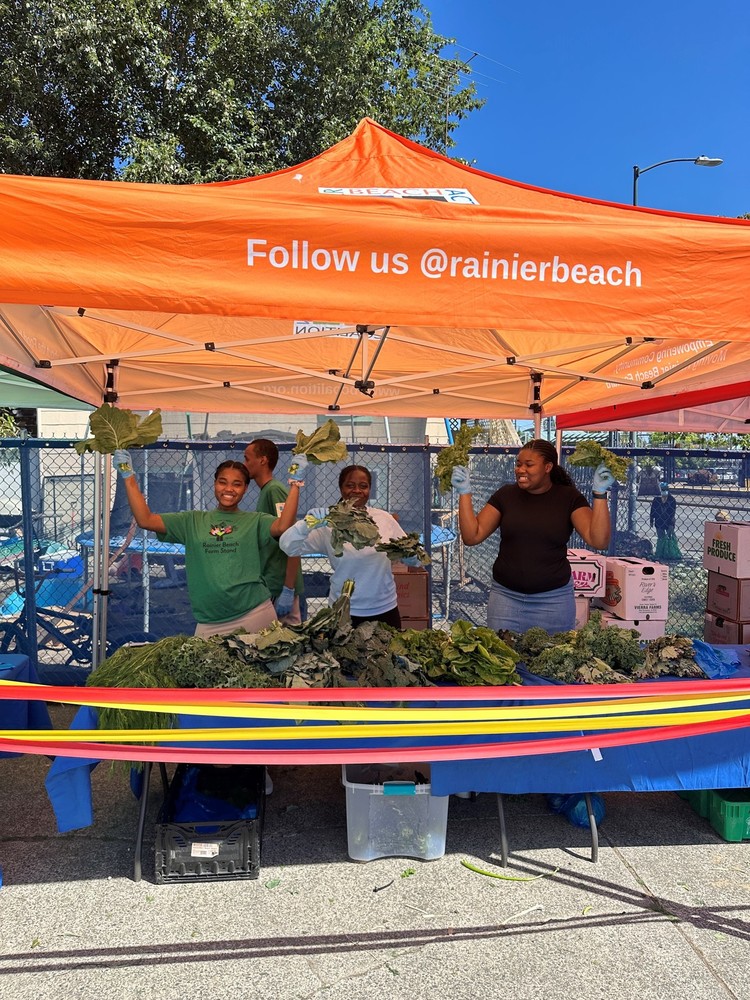It’s rare to feel dismayed and empowered at the same time. It’s even more rare to have it happen in Seattle City Council chambers—but that is exactly what happened.
On a Friday evening before a long weekend, an amendment to the City’s budget was quietly slipped onto the agenda for the upcoming council meeting on Tuesday. That amendment proposed freezing the funding for the Equitable Development Initiative in Seattle for the upcoming budget cycle until an onerous reporting and evaluation cycle could be completed. This was the dismaying part.
Next came the empowering part. Community groups spotted the amendment and went into high gear. Despite having only three days to organize, the council chambers were packed the following Tuesday. Community advocates made impassioned speeches for over 3 hours; even the former head of the Office of Construction and Inspections argued that EDI is a critical tool in addressing historical inequity in this city—and that it needs to stay. Why?
Seattle has a long history of economic inequality, gentrification, and displacement, disproportionately affecting communities of color and low-income residents. As the city has grown and prospered, these communities have often been pushed to the fringes, both geographically and economically. The rapid pace of development and rising cost of living have exacerbated these issues, making it increasingly difficult for vulnerable populations to remain in their neighborhoods and access vital resources. The Equitable Development Initiative is a critical tool in countering these trends. Launched by the City of Seattle's Office of Planning and Community Development, EDI aims to mitigate displacement, and is designed to address deep-rooted disparities by fostering inclusive growth within the city.
EDI has provided substantive funding to groups across the city, supporting institutions by funding capacity building, hiring of technical consultants, acquiring property, and developing projects. EDI support never funds the entire cost of a project but represents an investment by the city that is often critical for successfully raising money from other sources, both public and private.
Fivedot has had the privilege of working with many EDI recipients; in an effort to highlight the importance of this program, we wanted to share the stories of some of our partners and the important work they do.
First up: Rainier Beach Action Coalition (RBAC). We are currently helping RBAC renovate their Rainier Beach Growth Center & Food Hub, collectively known as the Food Innovation Center, to better serve their community and volunteers.
Rainier Beach Action Coalition (RBAC) is a community-driven organization in Seattle focused on initiatives that enhance public safety, support youth development, and promote economic opportunities through local business support and job training programs. RBAC's impactful projects include:
Rainier Beach Food Hub and Farmstand – Working closely with local farmers to bring fresh produce to the community. A Farm stand with free fresh produce is available from June- Oct on Saturday mornings.
Rainier Beach Food Innovation District – Aiming to create jobs and improve food access.
Youth & Neighborhood Engagement Activations – Employs local youth to engage with the community, distribute resources, and enhance neighborhood safety and connectivity through positive interactions and crime prevention through clean ups and environmental design.
Rainier Beach Seeds of Change Network – Engages young people in the food system through community care for farmers. Within this work we center solidarity building, climate and environmental justice, and farmer advocacy.
RBAC has received several EDI grants as they work towards developing a food innovation hub and creating more low-income housing. RBAC Food Justice Coordinator, Nurhaliza Mohamath:
“EDI funding has allowed RBAC to acquire the property at 9059 Martin Luther King Junior Way S. where the RBAC Growth Center building is currently undergoing tenant improvements. The Growth Center is the interim building that is housing the Rainier Beach Food Hub and all of its programs like the Farm Stand, Community Supported Agriculture (CSA) Box delivery program, Seeds of Change Network, and more. The RBAC Growth Center also includes a community demonstration kitchen, computer lab, media production and recording studio, and meeting circle space soon to be open to the community in fall of 2024. EDI funds have also supported RBAC's capacity building efforts with the project including our designers, muralists, architects, and engineers, as well as our Development Manager and Food Hub Director to make this tenant improvements successful.
EDI has been a part of RBAC's Food Innovation District strategy for Rainier Beach. As a historically disenfranchised neighborhood, we have identified with the community the long term vision for Rainier Beach is to become a local economy centered in food aggregation and production. This increases the health and wellness of residents, empowers local farmers, and ensures young people from the neighborhood have access to climate-resilient jobs and community. It is a transit-oriented anti-displacement solution given our proximity to the Rainier Beach light rail station.
RBAC founders have been institutionally involved in the formation of the Equitable Development Initiative. Our vision for our neighborhood has moved in lock step with EDI because both are community-led and informed. Threatening the future of EDI actively targets community resilience in concentrated areas of Black, Indigenous, immigrants, refugees, and people of color that face rampant disaster gentrification.“
As a well-organized non-profit, RBAC is an incredibly effective organization that provides services to a wide range of communities in South Seattle, particularly to disenfranchised groups. Investment from the city via the EDI program represents acknowledgement that these services are critical and RBAC is a positive force in the city. EDI is part of the two-thirds of their total funding coming from government grants, the exact funding that fuels 97% of their programs in food justice, public safety, economic development and education. This drives home that EDI funding is a critical tool allowing the growth and reach of organizations like the RBAC.
Continuing to highlight the importance of the EDI program, we plan to continue to share the impact it has had on our partners and in their communities. Stay tuned for the next partner highlight.
